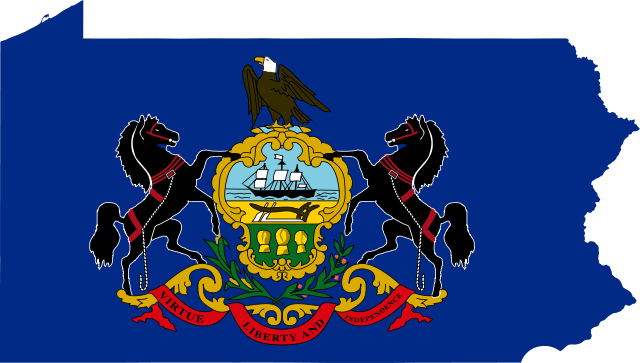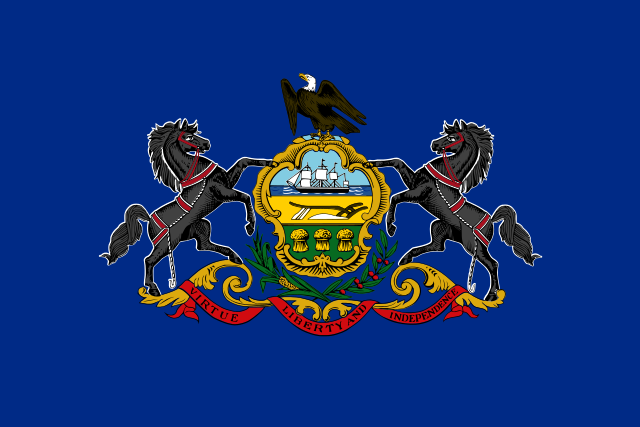Pennsylvania lawmakers this week released two dueling shale tax proposals. One of those proposals calls for an 8 percent extraction tax, with a significant portion of the revenue going towards the state-level pension systems.
More from NewsWorks:
Setting the bar on the high end, Democratic state Sens. Art Haywood, Vincent Hughes and Larry Farnese focused on putting money back in the state’s education coffers with their plan for an 8 percent shale tax. Texas – the only state to produce more shale gas than Pennsylvania – has an extraction tax of 7.5 percent.
At a press conference held at Philadelphia School District headquarters, Haywood called 8 percent “affordable.”
“Some people are going to say that it’s extreme,” said Haywood. “Eight percent is not as extreme as zero, which is what we have now.”
With that plan, the state would raise more than a billion dollars in revenue in the first year, Haywood said. Off the top, $100 million would go to environmental concerns, with the rest of that revenue split 60 percent for education and 40 percent to defray pension costs.
If the lawmaker’s projections are to be trusted, the tax would net over $360 million for the pension systems in its first year.
Pennsylvania’s state-level pension debt amounts to around $47 billion, according to the state’s budget office.
Photo credit: “Flag-map of Pennsylvania” by Niagara – Own work from File:Flag of Pennsylvania.svg and File:USA Pennsylvania location map.svgThis vector image was created with Inkscape. Licensed under CC BY-SA 3.0 via Wikimedia Commons – http://commons.wikimedia.org/wiki/File:Flag-map_of_Pennsylvania.svg#mediaviewer/File:Flag-map_of_Pennsylvania.svg

